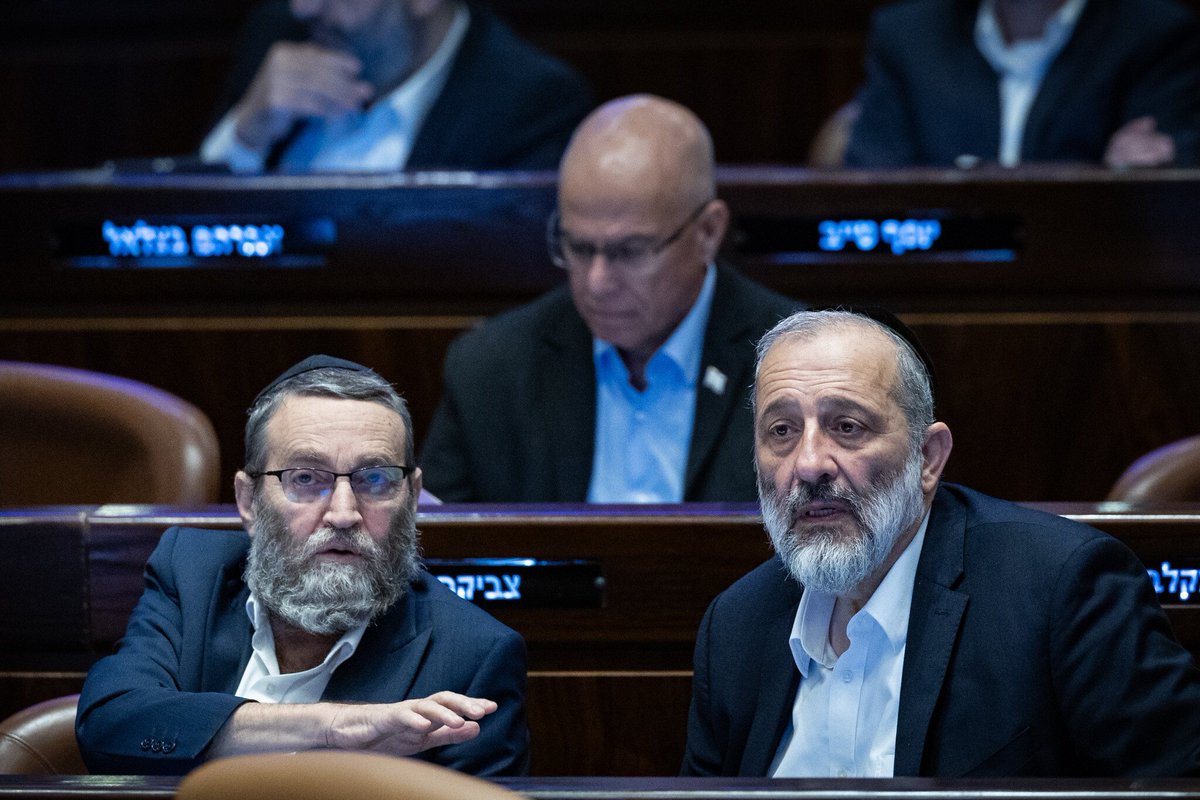
The new voice of the Middle East - aggregating and curating news, politics and trends from the Middle East and North Africa. In partnership with @Visegrad24
How to get URL link on X (Twitter) App



 2⃣
2⃣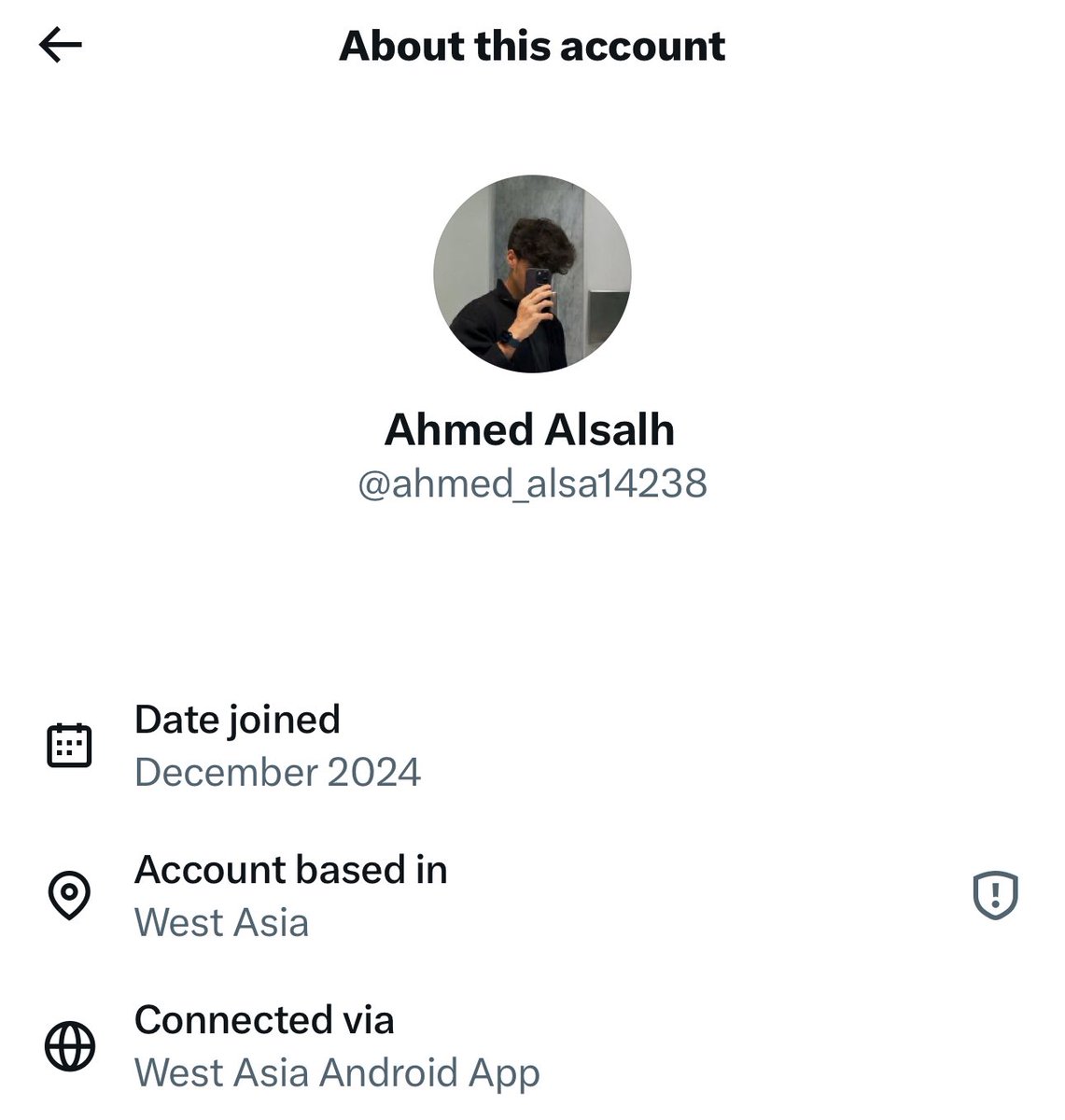




 2/4 | Hostage-Taking Encouragement As recently as last month, Qatar actively supported Hamas hostage-taking.
2/4 | Hostage-Taking Encouragement As recently as last month, Qatar actively supported Hamas hostage-taking. 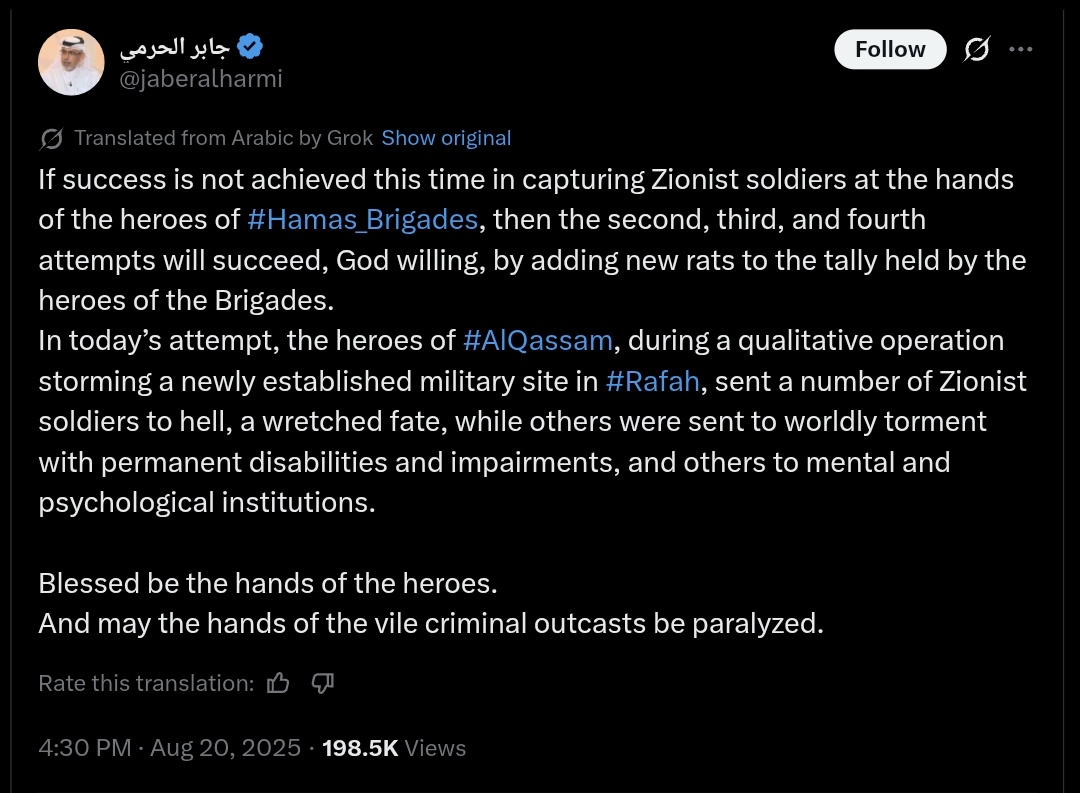
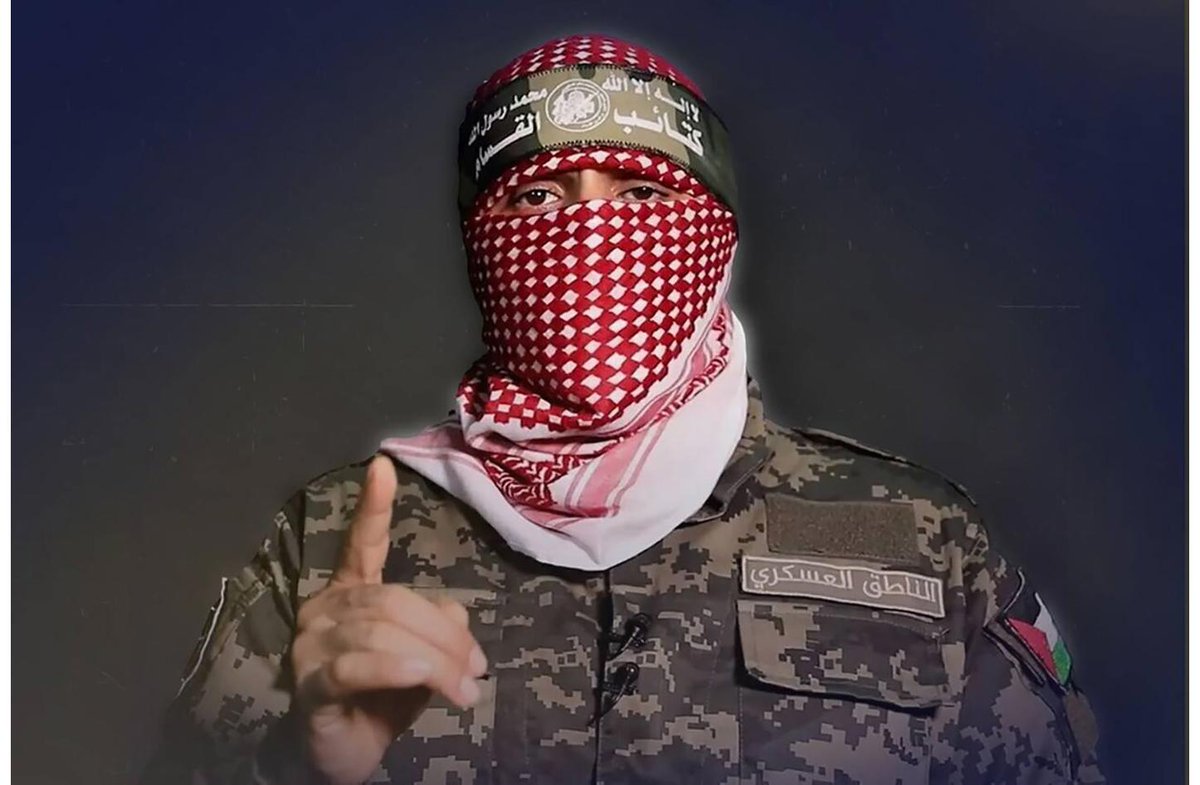
 2/ This network isn’t just media—it’s a weapon. Abu Obeida personally crafted the messaging behind every major terror operation, including October 7. He scripted hostage videos, staged release ceremonies, and even dictated lines in Hebrew.
2/ This network isn’t just media—it’s a weapon. Abu Obeida personally crafted the messaging behind every major terror operation, including October 7. He scripted hostage videos, staged release ceremonies, and even dictated lines in Hebrew. 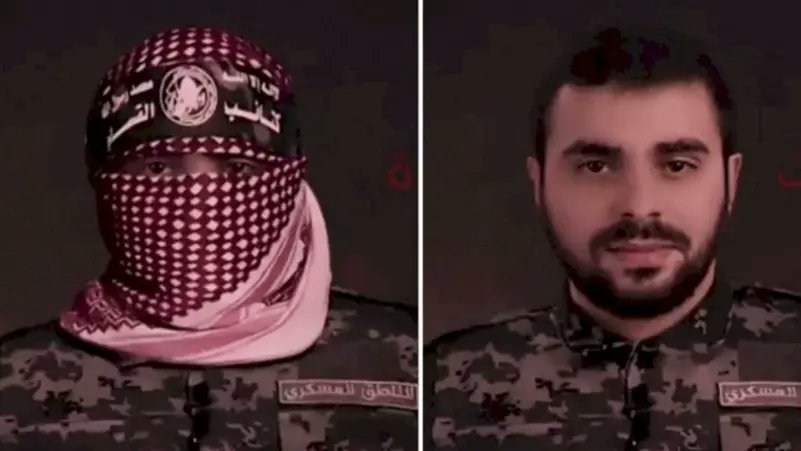
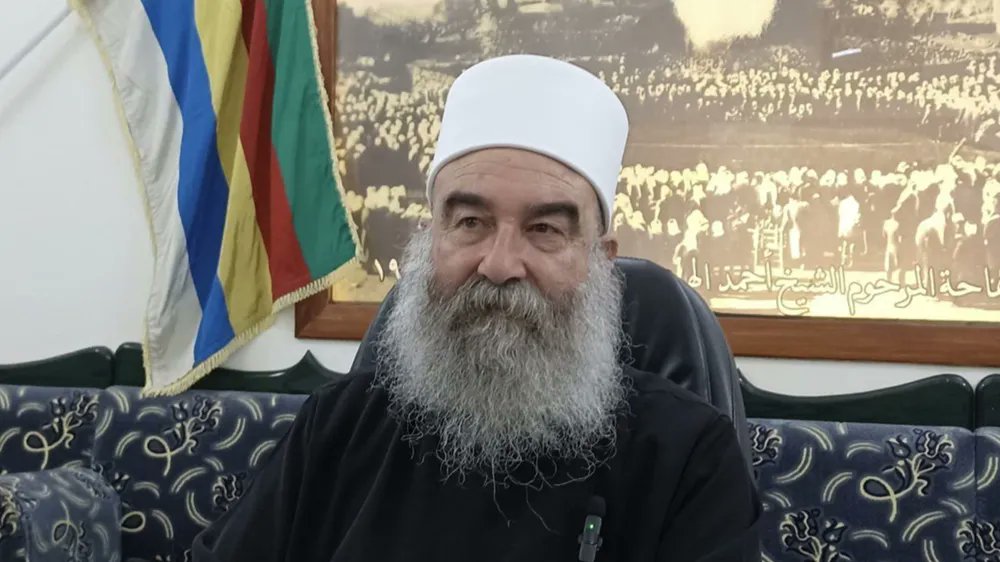
 2/5
2/5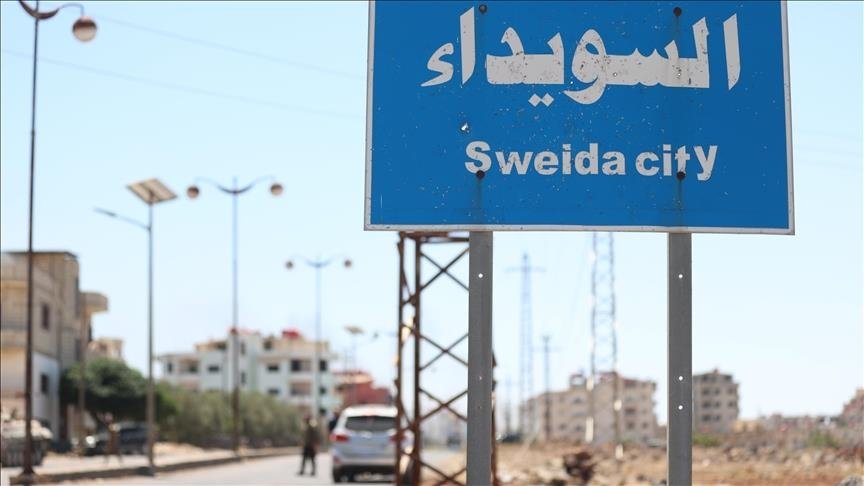

 2/4
2/4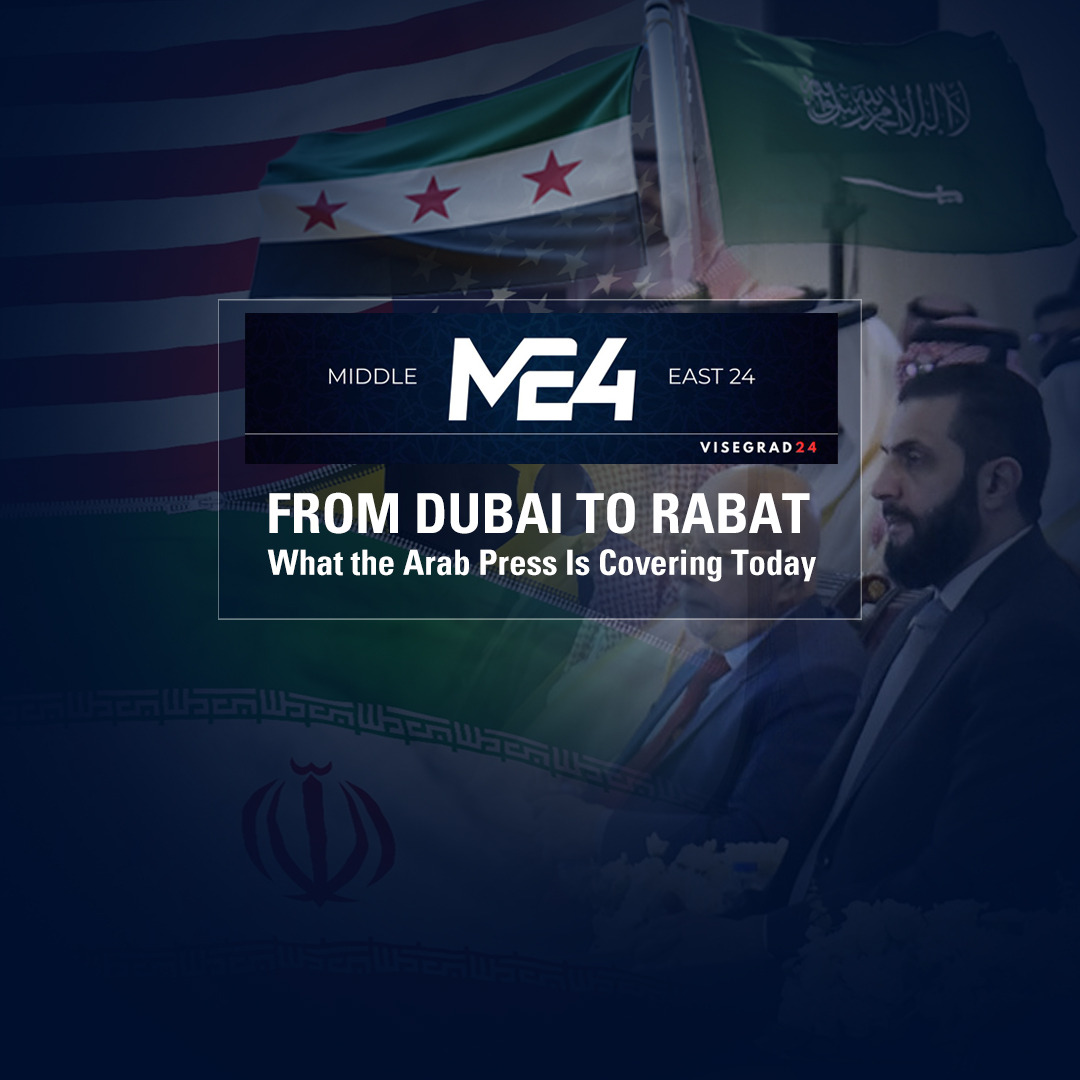
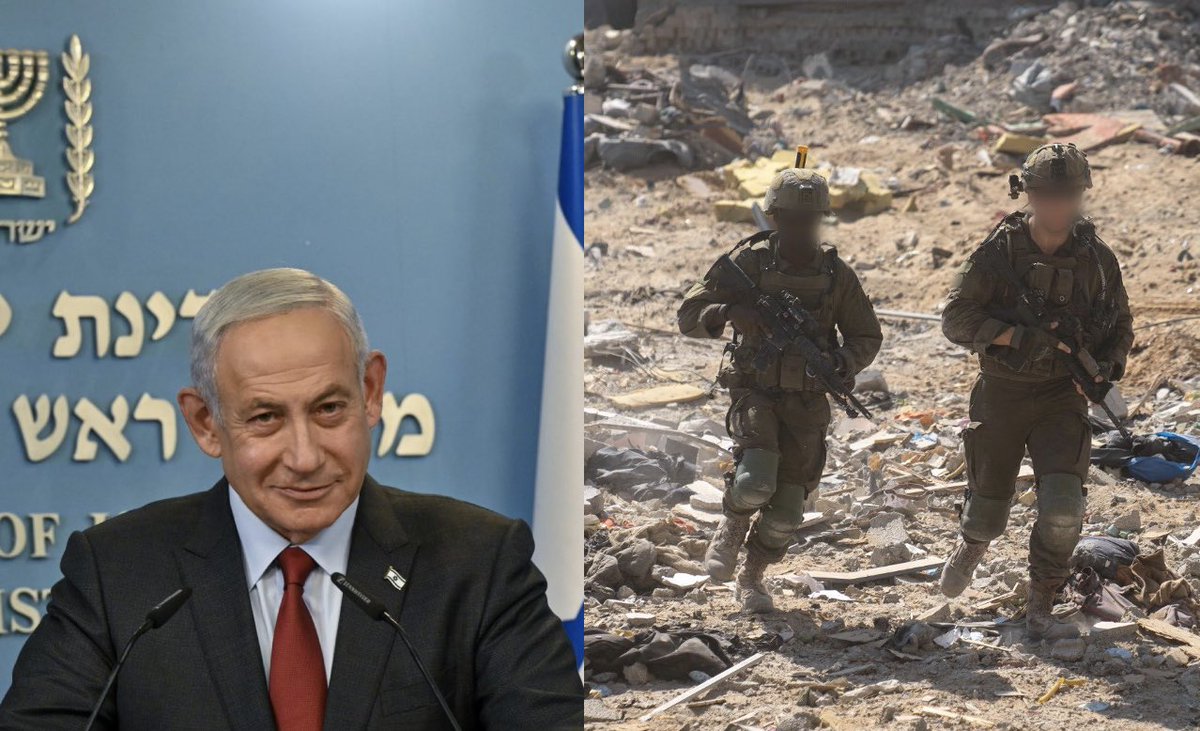
 2/4
2/4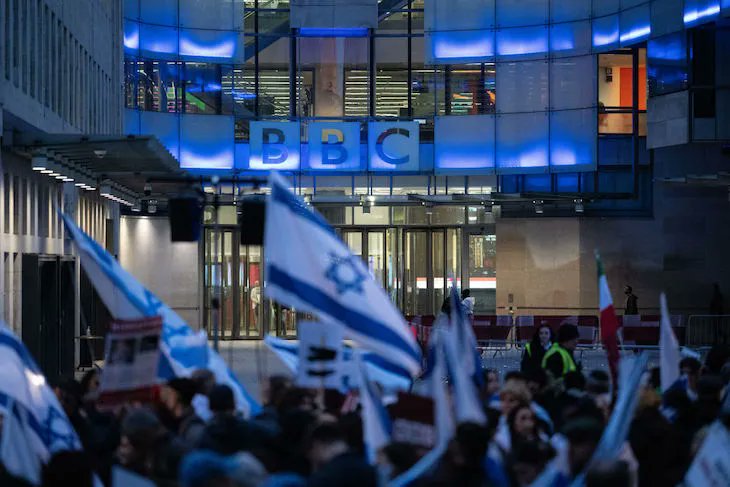
 2/10
2/10 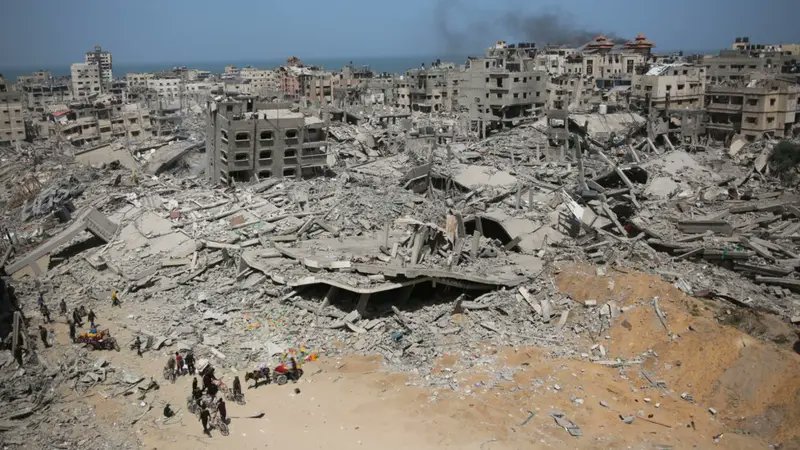
 2/10
2/10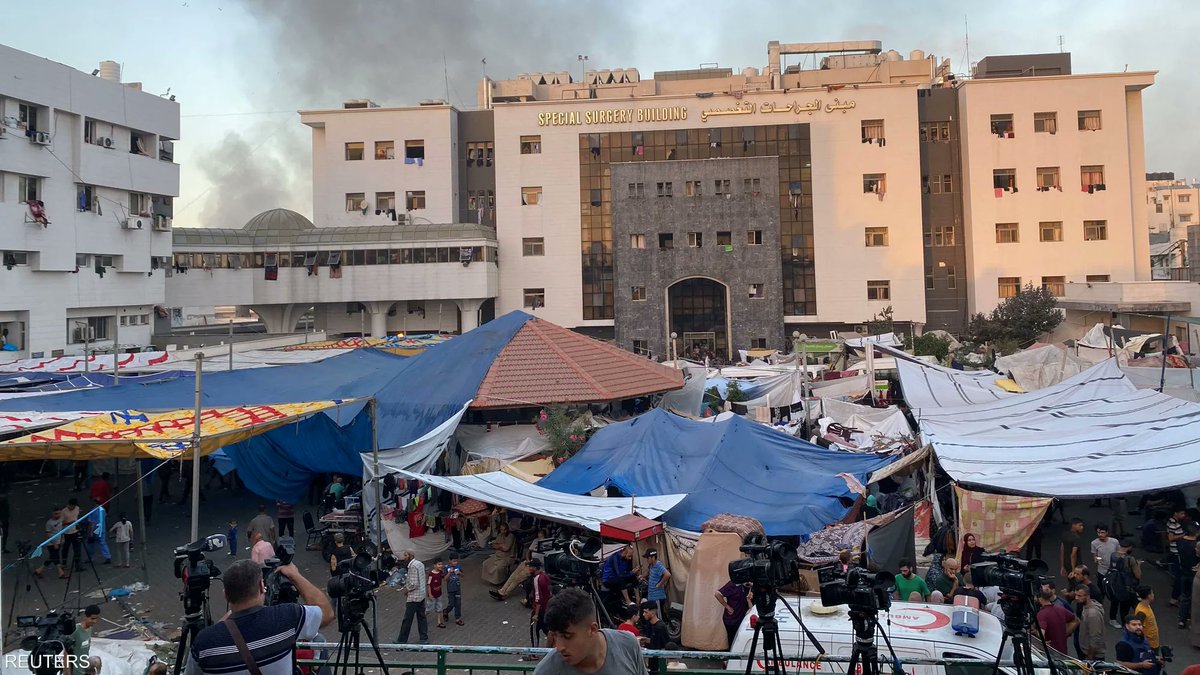

 According to local sources, the death toll has now exceeded 3,300 people—mostly civilians from the Druze minority. In addition, at least 110 individuals have been kidnapped, the majority of whom are women and children.
According to local sources, the death toll has now exceeded 3,300 people—mostly civilians from the Druze minority. In addition, at least 110 individuals have been kidnapped, the majority of whom are women and children.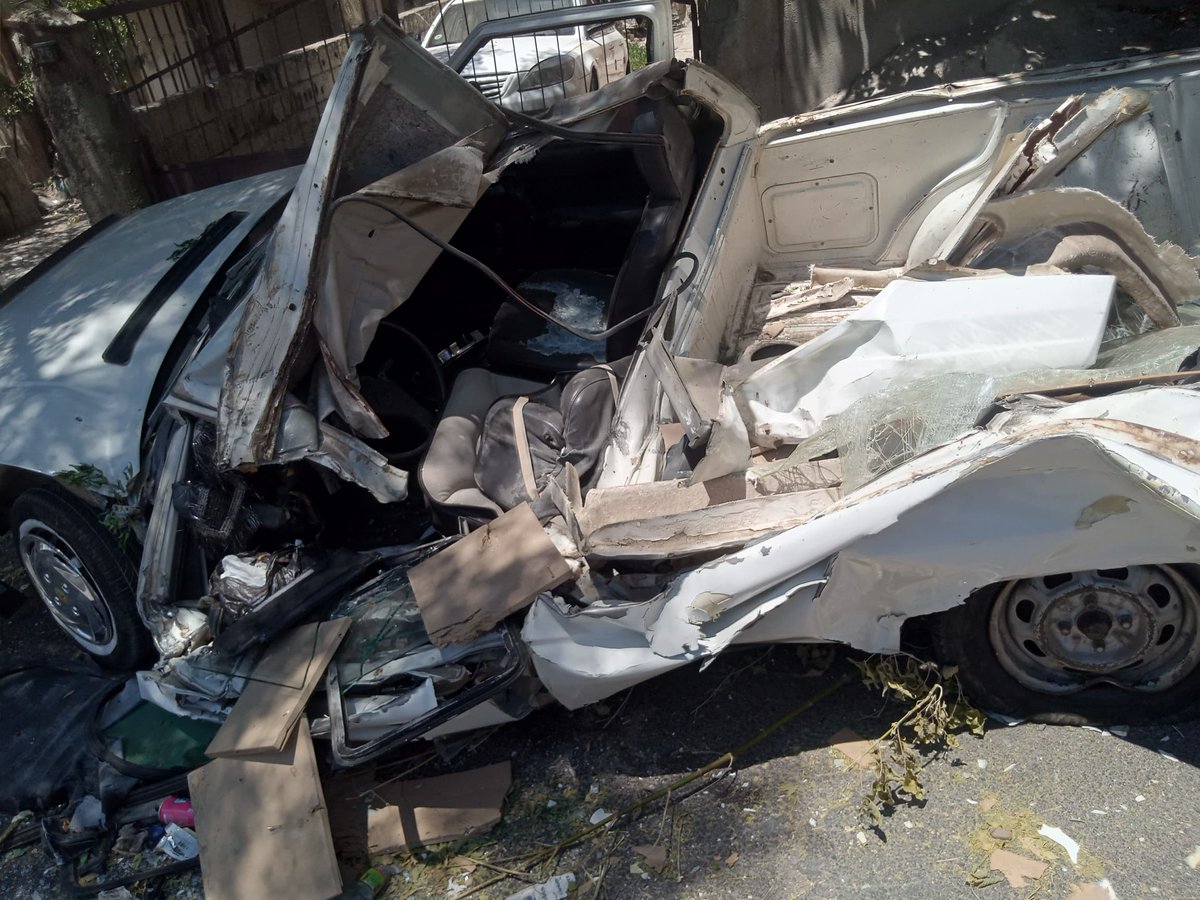
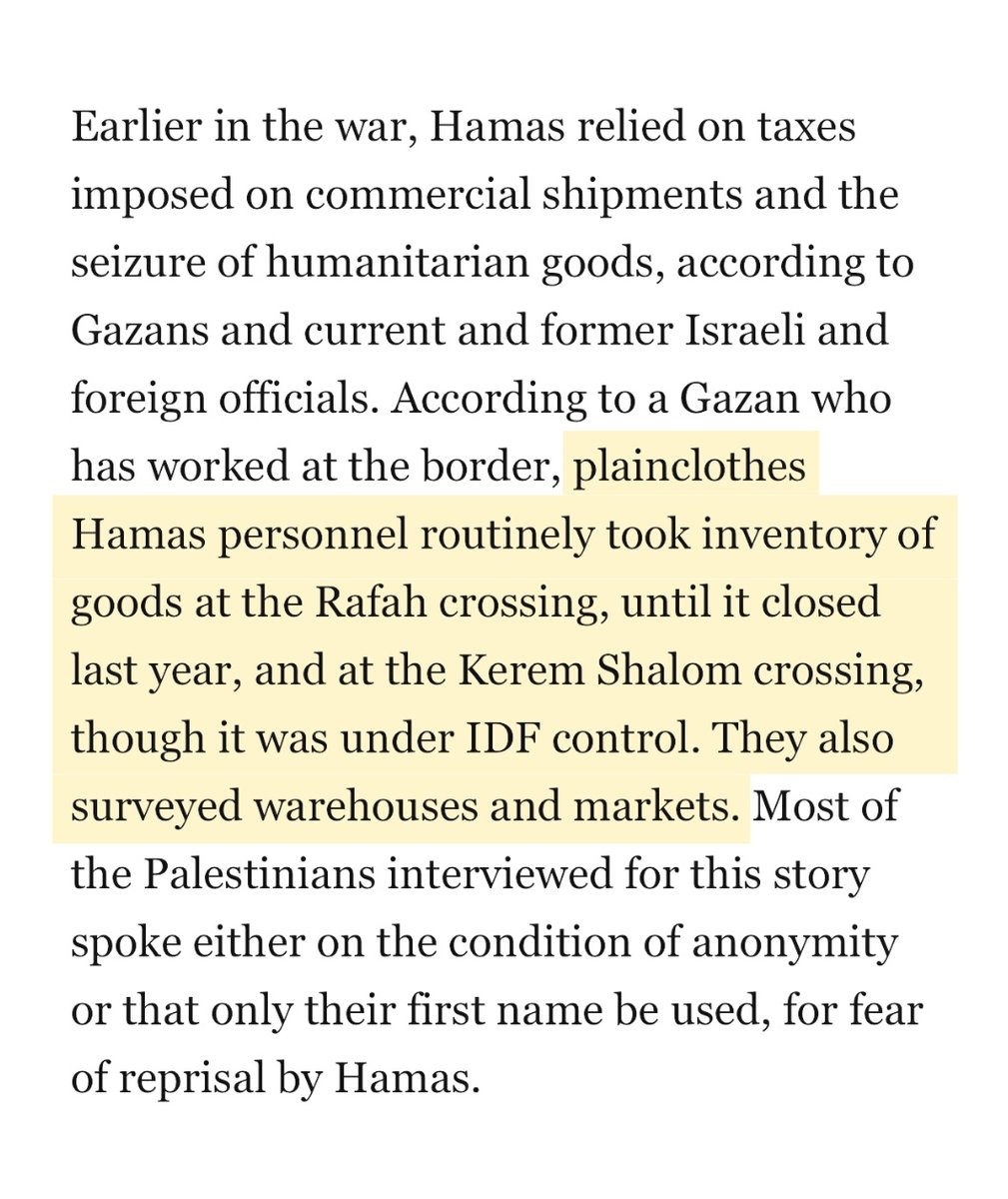
 The article confirms what GHF has long said: Hamas systematically uses international aid to fund its operations to the detriment of the people of Gaza. Those who don’t go along with this scheme are threatened, and in some cases, even killed.
The article confirms what GHF has long said: Hamas systematically uses international aid to fund its operations to the detriment of the people of Gaza. Those who don’t go along with this scheme are threatened, and in some cases, even killed.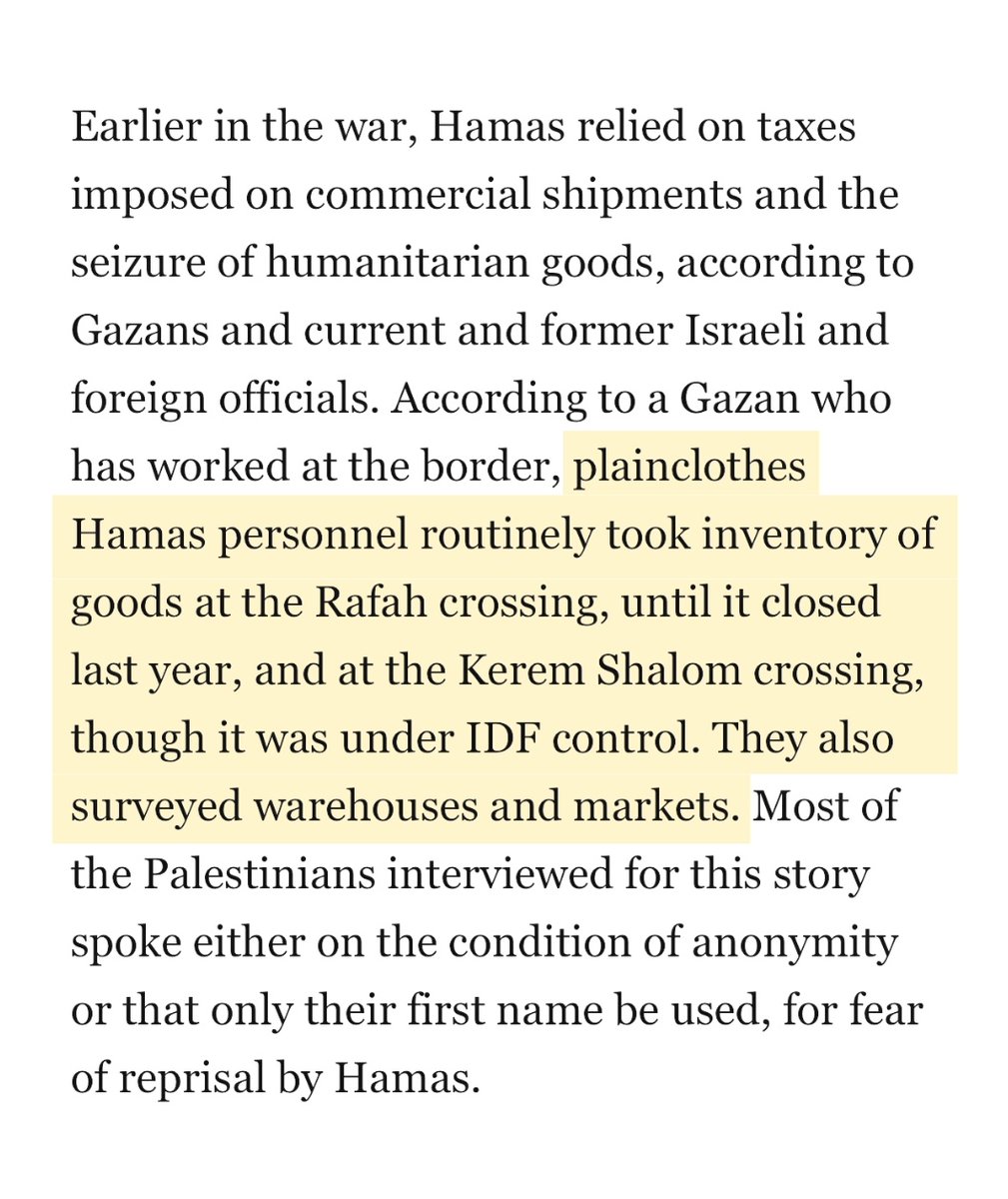

 1. Haredi Draft Crisis Splits Coalition
1. Haredi Draft Crisis Splits Coalition